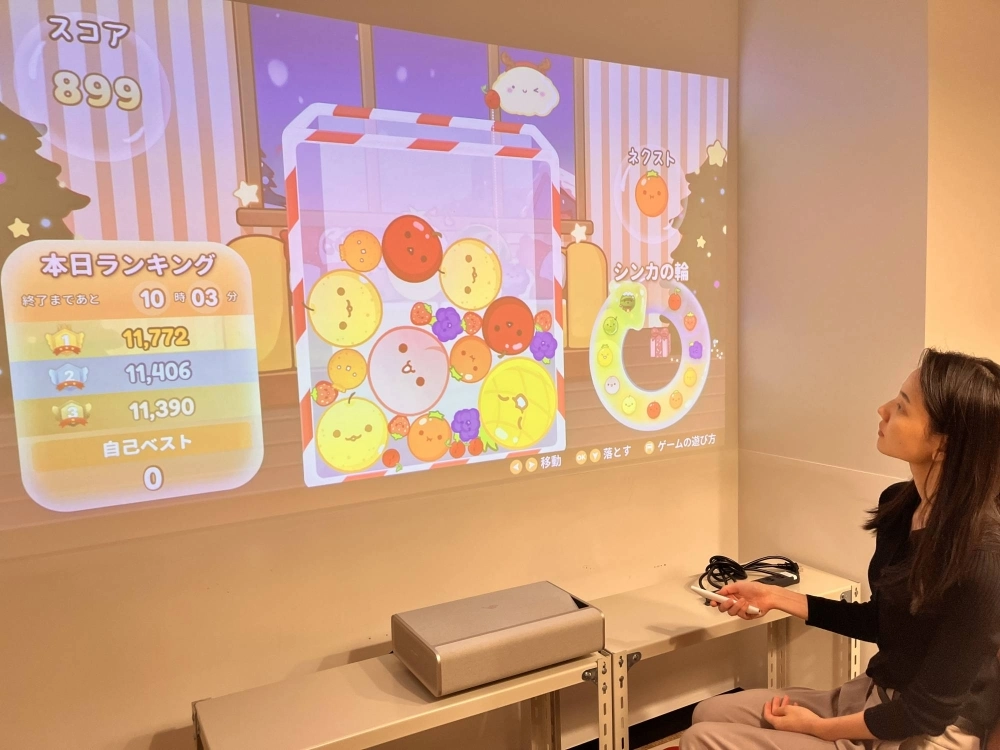The sequence goes from cherry to strawberry, grapes and satsuma orange, and then to persimmon, apple, pear, peach, pineapple, melon ... and finally watermelon.
If you immediately recognize what this means, you’re no doubt a big fan of Suika Game — which translates as Watermelon Game — a ¥240 or $2.99 puzzle video game on the Nintendo Switch that went viral this year.
Currently, it’s ranked No. 1 in Nintendo Switch software downloads, topping Dragon Quest Monsters: The Dark Prince as well as Super Mario Bros. Wonder. In addition, Suika Game was the top-trending phrase on YouTube in 2023, according to Eviry, a market research firm focused on the platform.

















With your current subscription plan you can comment on stories. However, before writing your first comment, please create a display name in the Profile section of your subscriber account page.